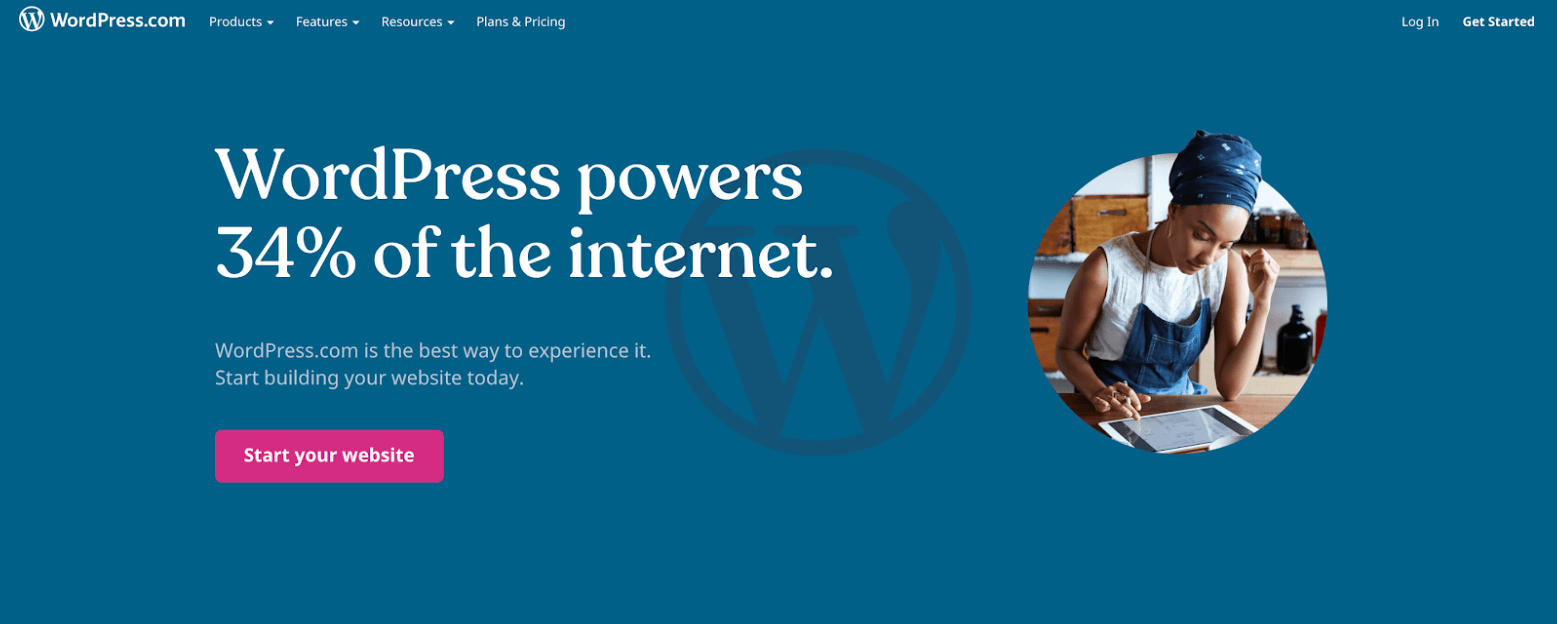Guest Contribution by Sherryn de Vos
The number of online businesses is increasing every day, and it’s bound to increase. With global e-commerce sales set to reach $4.8 trillion by 2021, online companies seem like the way to go for anyone hoping to embark on an entrepreneurial journey.
While it has become relatively easy to start an online store, it has also increased the competition you face. Competition is at an all-time high, and businesses are finding it more and more challenging to ensure they stand out in the clutter.
It’s no lie that many online businesses do end up failing, but that’s primarily because business owners miss out and rush into some very crucial steps.
So, what exactly should you do to set up an online business? Here are five steps:
1. Decide on a Business Model
Many people associate the term online business with e-commerce. This association is a mistake because online companies come in many types, and whichever one you choose largely depends on your skillset, plan, and the sort of person you are.
Here are some examples of online businesses:
Freelancing is one of the simplest ways for you to utilize your skillset and use it on the internet. The most successful freelancers do jobs that aren’t dependent on the location. These usually include content writing, web development, and web design.
E-commerce is the most popular form of online business. Giants such as Amazon and eBay have taken this route and sell a variety of products on their platforms.
Affiliate marketing is one of the most common ways bloggers make money. It involves advertising products on your site or blog to get a portion of the sales when a visitor buys through you.
Membership sites and online courses are currently on the rise. They create and promote educational content, which usually involves text, video, and image. These sites then generate revenue through recurring or one-time payments.
SaaS or Apps are created by developers and sold at a one-time fee or through a subscription service.
Whichever business model you choose, it’s essential to have a business plan in place. A business plan helps you cover various aspects, including the finance and marketing parts of the business, and ensures you’re not missing anything out. If starting from scratch seems like a daunting task, you can always use a business plan template.
2. Figure Out Your Niche
To succeed in a highly competitive market, it’s important to specialize. Rather than catering to a broad audience, it’s more effective to find a niche and target its audience. The key is to identify your target audience and research their demographics, spending habits, and how they spend their time on the internet.
One way to find a niche is to sift through industries and niches you already operate in. Having prior understanding helps when you want to dig deeper, instead of diving into something you know nothing about.
3. Build Your Site With WordPress
As an online business, your website is your gateway to your customers. One of the easiest ways to create a website is through WordPress. Today, WordPress is powering 34 percent of the web, ranging from blogs to giants, such as Forbes and Sony.
While you can build a website from scratch or through another platform, there are many reasons why you should use WordPress for your website, including SEO-friendliness, ease of use, ability to handle various media types, and security. Setting up a website with WordPress is quite straight, and there is a wide variety of WordPress plugins available that help you set up a top-notch website.
4. Start Marketing Your Website
Your business won’t go anywhere until and unless you start attracting customers (not just visitors) to your website. While marketing your site is a tedious task, there are many ways for you to maximize your reach:
SEO: It’s vital to optimize your site, content, and pages, so it ranks high on the search engine results page (SERP). SEO draws more organic traffic to your site.
Email marketing: Email newsletters and building an email list helps keep your audience updated with the latest content and lets you create a connection.
Social media marketing: Social media platforms, such as Facebook, Instagram, and Twitter, are an excellent way to promote your site and its content and give you a chance to engage with your customers.
Content marketing: Your content marketing strategy includes various forms, including videos, images, infographics, and social media posts. The most common type of content marketing is blogging because blog posts are easy to draft and publish. You can quickly start a blog through WordPress and create content that will add value to your target audience’s lives.
Paid advertisement: If your budget allows, you can also pay for marketing through search engine ads, display networks, and social media marketing campaigns.
5. Convert Your Visitors
While you may be attracting visitors, it’s crucial to ensure they convert into customers. You should build your business and website in a way that encourages visitors to do exactly what you need them to do, which is signing up for your newsletters, purchasing products, or contacting you.
To do this, you need to set up an analytics tool that helps you monitor what’s working and what isn’t. Additionally, you should incorporate call-to-actions that encourage visitors to take action.
Conclusion
Starting an online business is, by no means, an easy feat. Once done right, though, it can grow to great heights and generate a steady stream of income. The important thing is to not miss out on the vital steps and taking time to formulate your approach.
***
Sherryn de Vos is living in the beautiful city of Cape Town. She worked with a startup brand that launched in South Africa called GoBeauty where she was assisted with content generation, as well as conceptualized events focused on women’s health, entrepreneurship, careers, and tech to run alongside the brand. She has extensive experience in writing and uses a lot of her practical experience to create useful content in the business, finance and marketing world.






